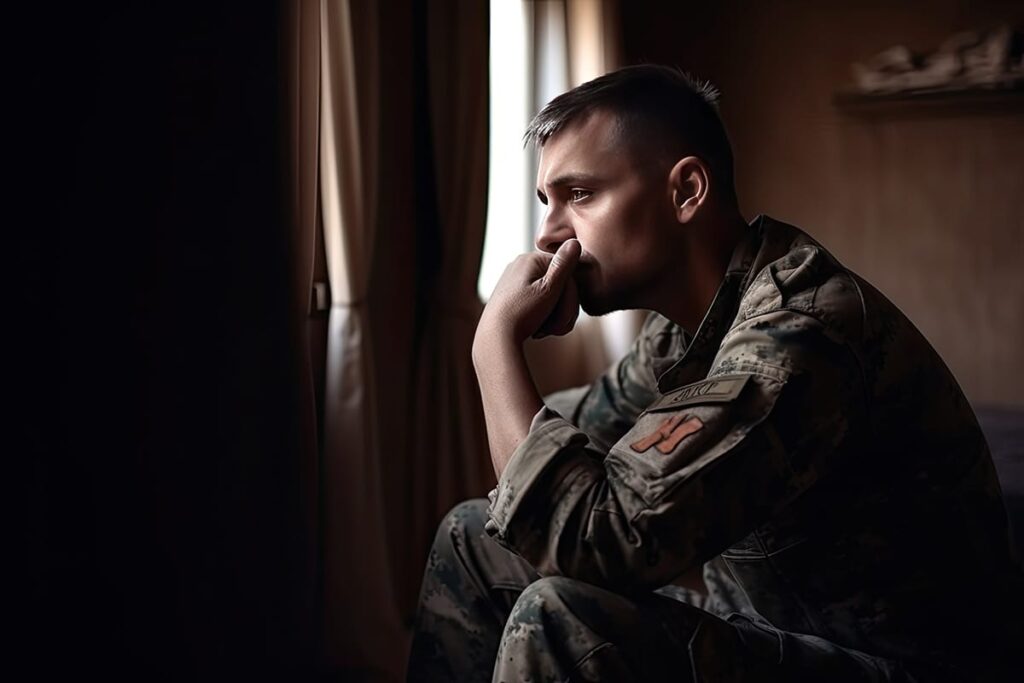Veterans are at much greater risk than the general population of having co-occurring substance use disorders (SUDs) and mental health disorders. In fact, about a third of all veterans experience mental illness, and well over one million veterans have both an SUD and a mental health diagnosis. The people who served our country are suffering. Why? What leads to veterans being so vulnerable to addiction and mental illness? The answer has everything to do with their experiences in the military and the difficulties they face upon returning home. If you are a veteran who wants help to regain sobriety and mental health, you can receive co-occurring disorder treatment at UpArmor Recovery.
At UpArmor Recovery, we specialize in treating veterans. We understand your specific challenges and issues and offer evidence-based treatments provided by highly trained clinicians who are as compassionate as they are experienced. Learn more about co-occurring disorders in veterans and how we can help.
Mental Illness in Veterans
The most common mental health conditions experienced by military veterans are:
- Post-traumatic stress disorder (PTSD) – The veteran population experiences this disorder at high rates. PTSD means that the brain holds onto past trauma as if it just happened. The immediacy of the feelings caused by this leads to re-experiencing the trauma in flashbacks and many other symptoms that make life very challenging, including relationships, holding down a job, and often simply getting through the day.
- Anxiety disorders – These disorders reflect anxiety that affects daily life. Everyone experiences anxious moments or periods in life, but people with anxiety disorders are constantly experiencing fight or flight even when there is no actual danger.
- Depression – Veterans experience depression at five times the rate experienced by the rest of the population. Sadness and hopelessness sap all enjoyment of life from someone with depression and can lead to suicidal ideation and death by suicide.
- Schizophrenia – Symptoms from delusional thinking and hallucinations to difficulty managing emotions or holding down a job characterize schizophrenia. A predisposition to schizophrenia may be inborn but never develops because it is not triggered. In some, such as veterans, who experience certain hardships or traumas, schizophrenia can develop. More than 100,000 veterans are dealing with this severe psychosis and need mental health support.
Mental health symptoms also arise due to traumatic brain injury (TBI) that results from injuries sustained in combat or while deployed. In addition to the physical symptoms, veterans with a TBI often have anger management issues and suffer from other common mental health symptoms like anxiety or depression.
All of the above co-occur frequently with substance abuse. Untreated mental illness leads many people to self-medicate with alcohol and drugs to quiet the symptoms that can be highly haunting and debilitating.
Co-Occurring Disorders in Veterans
Mental illness in veterans is significantly linked to addiction in veterans. Of the veterans seeking treatment for either a SUD or a mental health challenge, most who end up in a rehab facility need both.
To prevent relapse, your mental health and substance use must be addressed together in a coordinated approach with your entire treatment team working together. If you leave rehab sober but with your mental health symptoms untreated, your likelihood of returning to self-medication via alcohol or street drugs is much greater.
Before you start treatment, you will undergo a thorough intake. The team will acquire your medical records, learn about your substance use history, diagnose any mental health challenge you may be dealing with, and create your plan for co-occurring disorder treatment.
Treatment Options
At UpArmor, we offer a range of evidence-based therapies that effectively address co-occurring addiction and mental illness. For example:
- Medication-assisted treatment (MAT)
- Cognitive-behavioral therapy (CBT)
- Community reinforcement and family training (CRAFT)
- Dialectical behavior therapy (DBT)
- Eye movement desensitization and reprocessing (EMDR)
- Motivational enhancement therapy (MET)
- Motivational interviewing
Reclaim control of your life at UpArmor Recovery, where our unique blend of evidence-based therapies and compassionate care offers the support you need to navigate the complex recovery journey from co-occurring disorders.
UpArmor Recovery – Co-Occurring Disorder Treatment for Veterans
Reach out to learn how our excellent staff of physicians and therapists can help you begin recovery with your mental health challenges completely managed. Call us at 855.211.5537 or submit this form to contact us.


